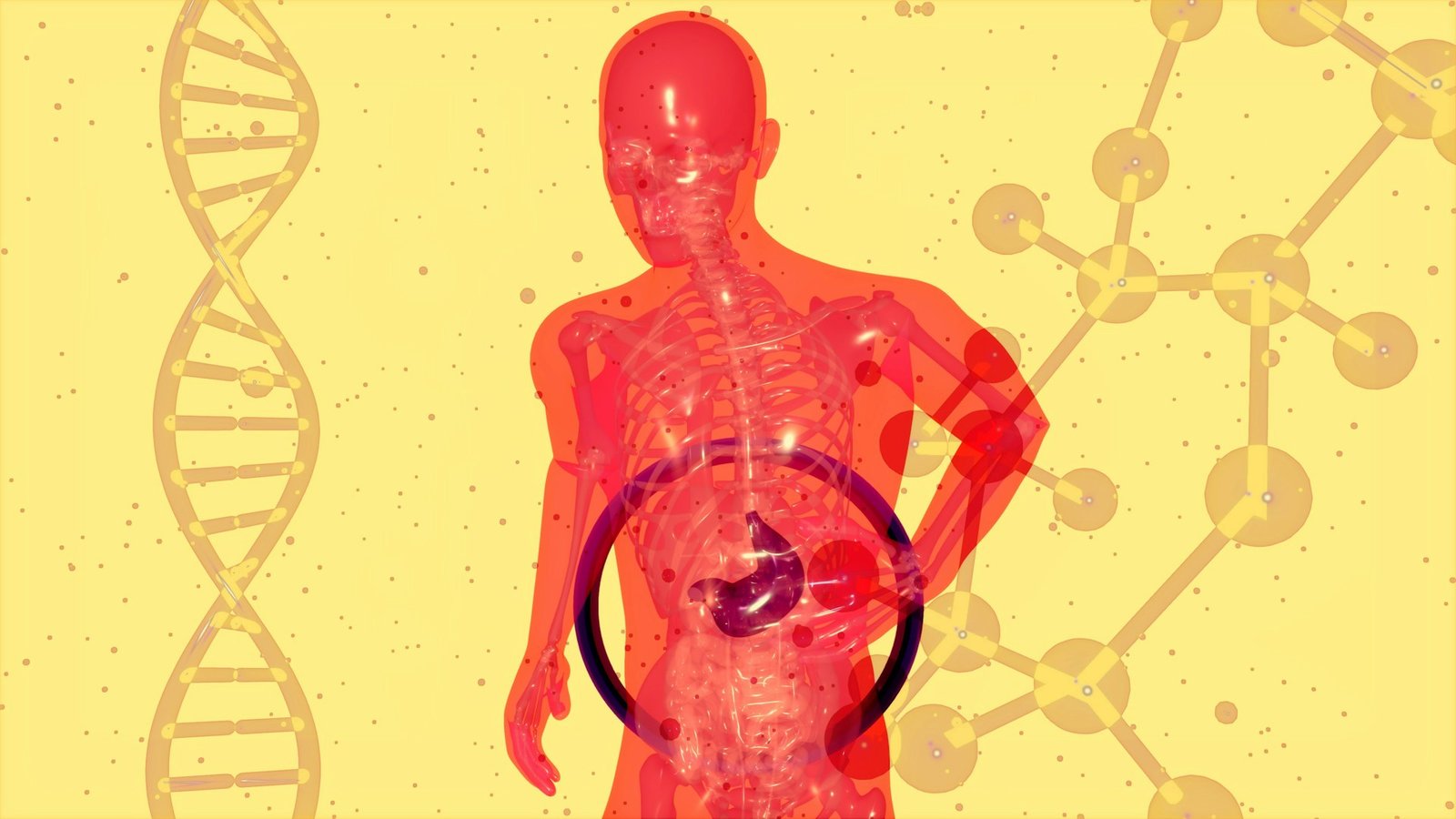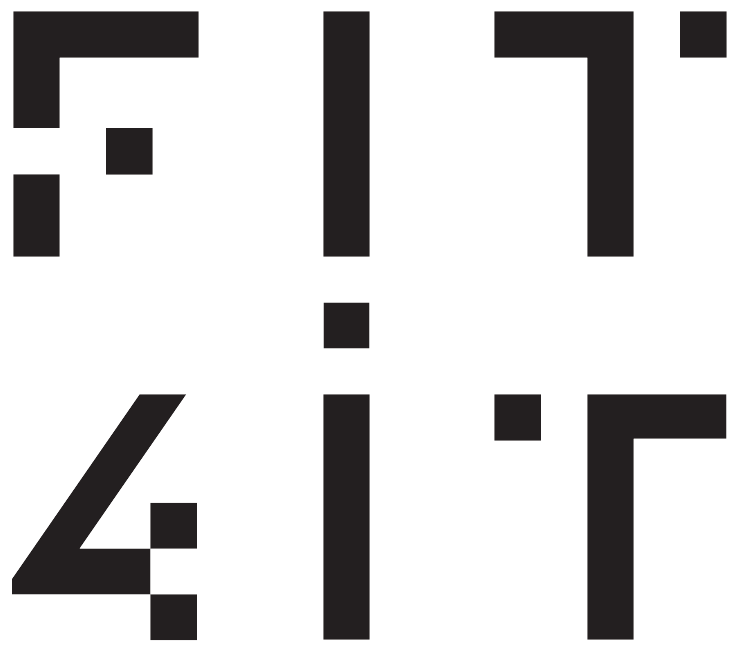Ever felt bloated in the middle of a workout? Or hit a wall even after eating “clean”? Maybe your energy tanks halfway through a session for no obvious reason. You’re not crazy; your gut might be trying to get your attention. That’s where gut health and fitness come into play.
At FIT4IT, we’re all about training smarter, not just harder. That means understanding that fitness isn’t just about your muscles or macros. It’s also about how well your gut is functioning. Yep, that part of your body we usually ignore unless something’s really wrong? It plays a huge role in your performance, recovery, energy, and even how you feel mentally.

Even with perfect training, poor gut health can leave you feeling bloated, sluggish, and stuck in a plateau.
Your Gut Talks
The gut isn’t just a digestion station. It’s a full-on performance system. It helps manage hydration, immune response, inflammation, and even hormone production. It’s the secret co-pilot in your training journey.
Here’s what a healthy gut can impact:
- Energy regulation – A sluggish gut means poor nutrient absorption. You could be eating enough, but still feel wiped out.
- Recovery and soreness – Chronic gut stress can increase inflammation, making you feel sore for longer than you should.
- Mental clarity – Thanks to the gut-brain axis, your digestive health directly affects your mood, focus, and motivation.
- Sleep quality – Digestive distress, like reflux or gas, can make restful sleep harder, slowing down your recovery.
- Immunity – More than 70% of your immune system lives in your gut. A weak gut = more missed workouts.
Simply put: if your gut is off, your whole system is under stress. And no one performs at their best under stress.
Is Your Gut Slowing You Down?
You don’t need a diagnosed issue like IBS to feel the effects. Sometimes, the signs are subtle but persistent.
Common red flags:
- Feeling uncomfortably full or bloated while training.
- Stomach cramps or gas post-meal or post-workout.
- Irregular or urgent bowel movements before exercise.
- Low energy or dizziness despite proper nutrition.
- Brain fog during or after workouts.
- A general feeling of heaviness or sluggish digestion.
These are more than just “annoying,” they’re performance signals you shouldn’t ignore.
Why Your Fit Habits Might Be Hurting Your Gut
Ironically, the things we do to be “fit” sometimes strain our digestive system. Here’s how:
1. Training Too Soon After Eating
If you jump into a workout right after a big meal, your body diverts blood from digestion to your muscles. This can lead to cramping, bloating, or nausea. Try to leave 90–120 minutes between a meal and a workout.
2. Low-Fiber, High-Processed Diets
You might be nailing your macros but missing the mark on gut health. Too many processed protein bars or artificial sweeteners? They can starve your good gut bacteria. Fiber from real, whole foods is essential.
3. Dehydration
Water keeps everything moving, from digestion to muscle recovery. If you’re under-hydrated, you may experience acid reflux, constipation, or bloating, even if the rest of your routine is spot on.
4. High Stress, Low Sleep
Stress hormones like cortisol affect your gut’s ability to function smoothly. Lack of sleep does the same. The gut-brain connection is very real, and poor mental recovery often shows up as poor digestion.
5. Too Many Supplements
Protein powders, pre-workouts, and sugar alcohols can all cause bloat or gas. If your stomach feels off more often than not, consider scaling back and simplifying.
How to Support Your Gut, Without Overhauling Your Life
The good news? You don’t need a major nutrition overhaul. Small, smart changes can help your digestion support, not sabotage your workouts.
Time Your Meals
Eat your main meal at least 90 minutes before you train. Need a small pre-workout snack? Try a banana with peanut butter or a rice cake with honey, easy to digest and energizing.
Go Whole (Food)
Focus on veggies, fruits, lean proteins, healthy fats, and fermented foods (like yogurt or kimchi). These keep your digestion steady and feed your gut’s good bacteria.
Slow Down & Breathe
Chewing well and eating in a relaxed state helps digestion more than most people realize. Before you eat, take a few slow breaths. Your gut performs better when you’re not in fight-or-flight mode.
Hydrate All Day
Don’t wait until your workout to drink. Sip water throughout the day and consider adding electrolytes if you sweat a lot.
Track How You Feel
Keep a mini journal or log in your phone. Take note of how you feel after eating or during workouts. Patterns will emerge. You may discover dairy slows you down, or that caffeine is great in the morning but ruins your afternoon digestion.

Gut health plays a crucial role in fitness by ensuring your body can absorb the nutrients it needs to fuel performance and recovery.
Why FIT4IT Cares About Gut Health
At FIT4IT, we don’t just ask about your goals; we ask how you’re sleeping, how you’re eating, and how your body is really feeling. Because your body isn’t a collection of parts, it’s a system. And that system starts with the gut. That’s why personal training at FIT4IT isn’t just about workouts, it’s about understanding your body, including how your gut impacts performance. At the same time, by guiding you toward gut-friendly choices, our nutritionists help turn everyday meals into a foundation for better energy, recovery, and performance
Make The Gut A Training Priority
You don’t need to obsess over your diet, but you do need to pay attention. If your gut feels off, your workouts won’t hit right. If your digestion is on point, you’ll feel stronger, more focused, and more resilient.
Because strong isn’t just about lifting heavy. It’s about how well your body functions, recovers, and adapts. Your gut isn’t just along for the ride. It’s driving the transformation. Treat it like your training partner; it deserves that level of respect. Have you noticed your digestion affecting your fitness journey?
Further Reading & References
- The Gut-Brain Axis: Interactions Between the Nervous System and the Microbiome Scientific paper exploring how gut health impacts brain function, stress, and mood. https://www.ncbi.nlm.nih.gov/pmc/articles/PMC5641835/
- Harvard Health – Understanding the Stomach and Digestive System https://www.health.harvard.edu/diseases-and-conditions/the-sensitive-gut
- Cleveland Clinic – The Importance of Gut Health for Overall Health https://health.clevelandclinic.org/gut-health
- International Journal of Sport Nutrition and Exercise Metabolism – Nutrient Timing for Optimal Performance https://journals.humankinetics.com/view/journals/ijsnem/27/2/article-p117.xml
- Sleep, Stress and the Gut: Review of the Gut–Brain–Sleep Axis – Nature Reviews Gastroenterology https://www.nature.com/articles/s41575-022-00669-0
Was this helpful?
Good job! Please give your positive feedback
How could we improve this post? Please Help us.







No Comments